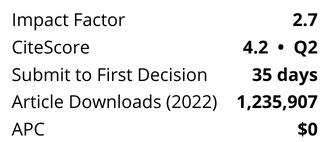Abstract
The activated sludge process in a wastewater treatment plant (WWTP) relies on the activity of microbes to reduce the organic and inorganic matter and produce effluent that is safe to discharge into receiving waters. This research examined the effects of the non-steroidal anti-inflammatory drug ibuprofen and the antibiotic tetracycline on the relative abundance and composition of eukaryotes and bacteria in the microbial population present in activated sludge from a WWTP. The current investigation was designed to observe the impact of these contaminants, at low (environmentally relevant concentrations) as well as high concentrations of the drugs. Using 16S and 18S rRNA gene primer sets and quantitative polymerase chain reaction, the abundance of each population was monitored as well as the relative ratio of the two populations under the various conditions. It was found that current environmentally relevant concentrations of ibuprofen (100 ng/mL) stimulated eukaryotic growth but higher concentrations (2,000 ng/mL, 100,000 ng/mL) reduced their numbers significantly especially in the presence of tetracycline. Finally using denaturing gradient gel electrophoresis, some of the more abundant eukaryotes were identified and it was noted that high ibuprofen and tetracycline concentrations favoured the abundance of some genera.




%20cropped.png?versionId=5945)